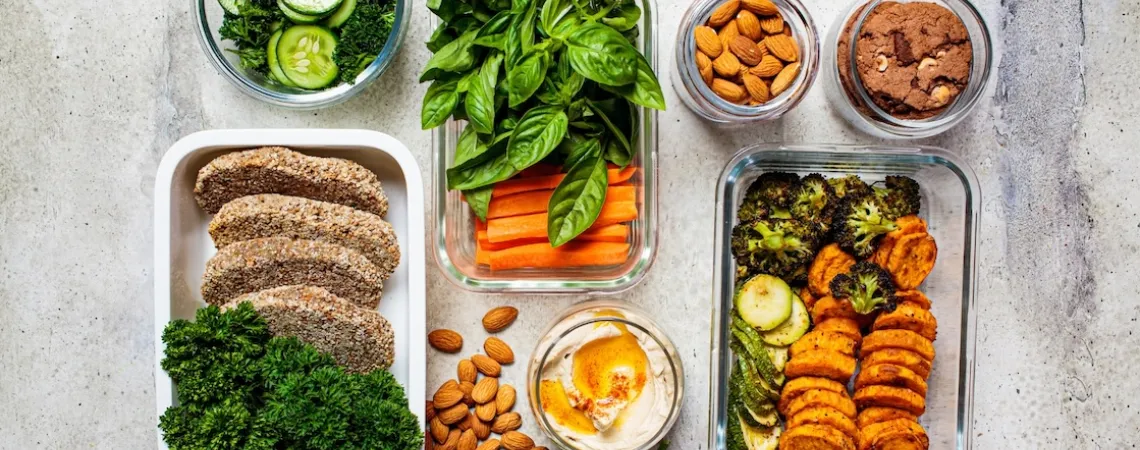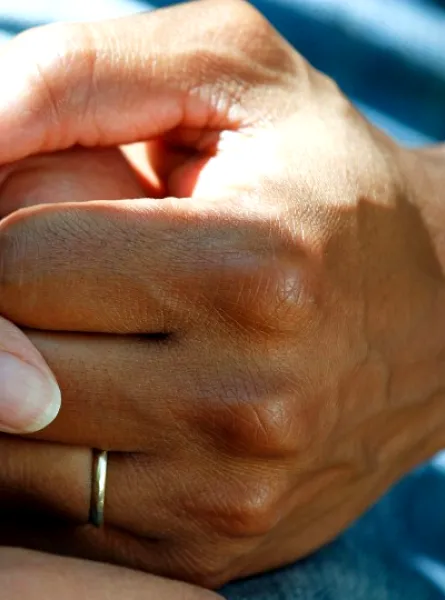
When it comes to eating, the choices we make are influenced by a lot of factors! Here is a short guide to help you make better food choices, the easiest way possible.
What can guide our food choices
1. Food preferences
Everyone has their own tastes and food preferences. The flavours, textures and colors we prefer are good indicators to help us choose our next meal. We don’t need to stop ourselves from eating what we like!
2. Nutrients
The nutrients in food (carbohydrates, fats, proteins, vitamins and minerals) also guide our choices. If we are very hungry, it is normal to turn towards higher caloric foods. You can't satisfy a ravenous hunger with water and a few vegetables! When living with a particular medical condition, certain nutrients can also help: a person with anemia looks for foods that are higher in iron, while some people living with diabetes pay particular attention to their carbohydrates intakes.
3. The situation
The context in which a meal is eaten influences what we eat and can vary from day to day. So we have to adapt! Here are some examples of situations that may require some flexibility on our part:
- Eating more in the morning if we know we won't be able to eat for several hours. (Plan to be hungry)
- Eat the coconut cake made by our mother to please her, even if we hate coconut. (Eat to please, but without pressure)
- Eating the soft peppers in the fridge to prevent them from going bad. (Plan the use of our food)
What should not influence our food choices
1. The opinions of others
It can be tempting to listen to the advice of those around us when it comes to food, but it is important to keep things in perspective. Trying a new food suggested by our neighbor is interesting! But we don't have to let other people's judgments dictate how we eat. Remember that you are the expert on your own body, and no one else!
2. Food classification
When we want to eat more intuitively, it is important to let go of our prejudices about food and to stop classifying foods as "good" or "bad" (allowed or forbidden). No food should be banned!
3. Guilt
It is possible to feel guilty while eating. For example, some people may feel guilty after eating a food that they have categorized as "forbidden" or after eating a portion that they consider as "too large". If you feel some guilt around food, you should try to make peace with food. Guilt has no place in the kitchen!
It can be difficult not to be influenced by everything that surrounds us when it comes to food. Fortunately, the dietician is there to guide you, all without judgment!





